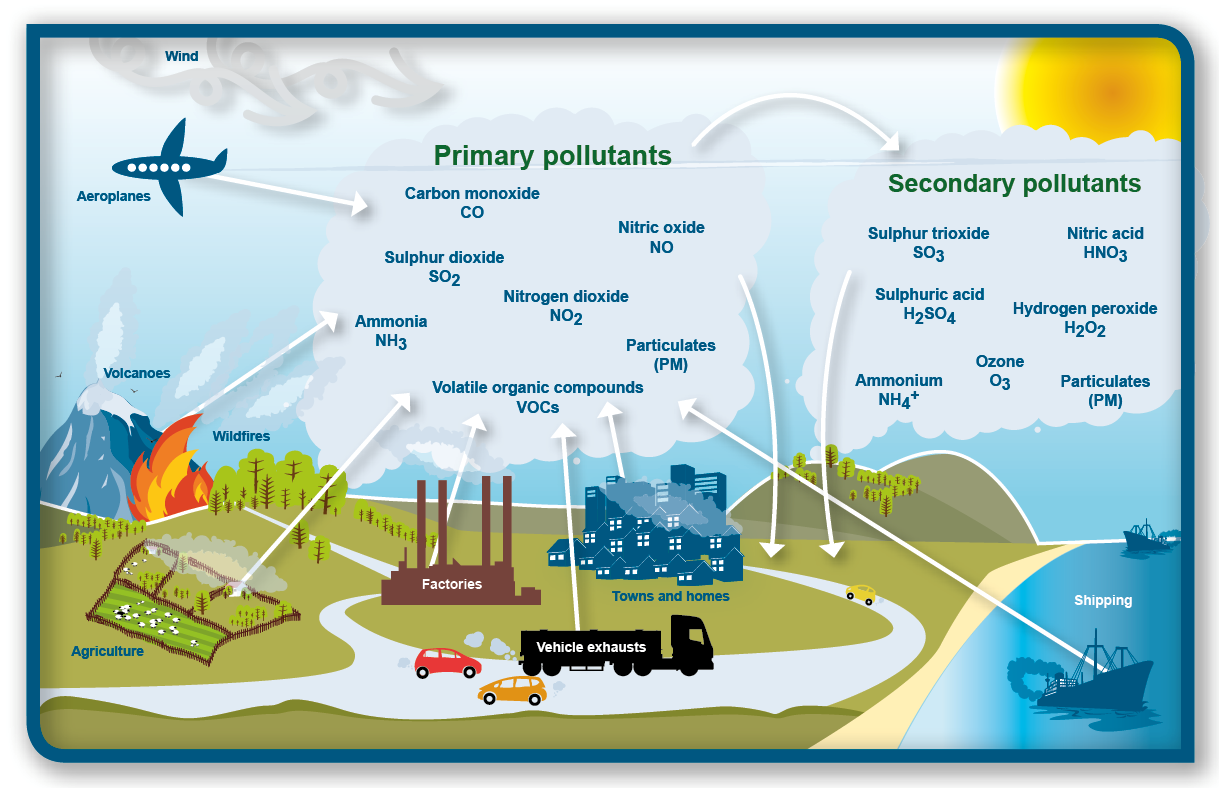British Science Week 11-20 March 2016
The new British Science Week website has just launched. The site offers lots of resources for planning and organising events and activities for British Science Week 2016.
Here you can register events, apply for grants and request a FREE marketing pack, as well as find out about opportunities for getting involved in citizen science activities and some of our flagship events.
Grants available for schools:
Kick Start Grants – to support schools in challenging circumstances (Kick Start grants: up to £300 for your school to run an activity during British Science Week; or Kick Start More grant: up to £700 for your school to host a science event or activity which involves your students and the local community.
Scottish and Welsh grants offering funding of £200 to schools in Scotland and Wales.
Grants available for organisations:
Community Grants of £500 aimed to engage audiences who are traditionally under-represented and currently not engaged in science
Scottish and Welsh grants designed to help organisations in Scotland and Wales run events during British Science Week.








